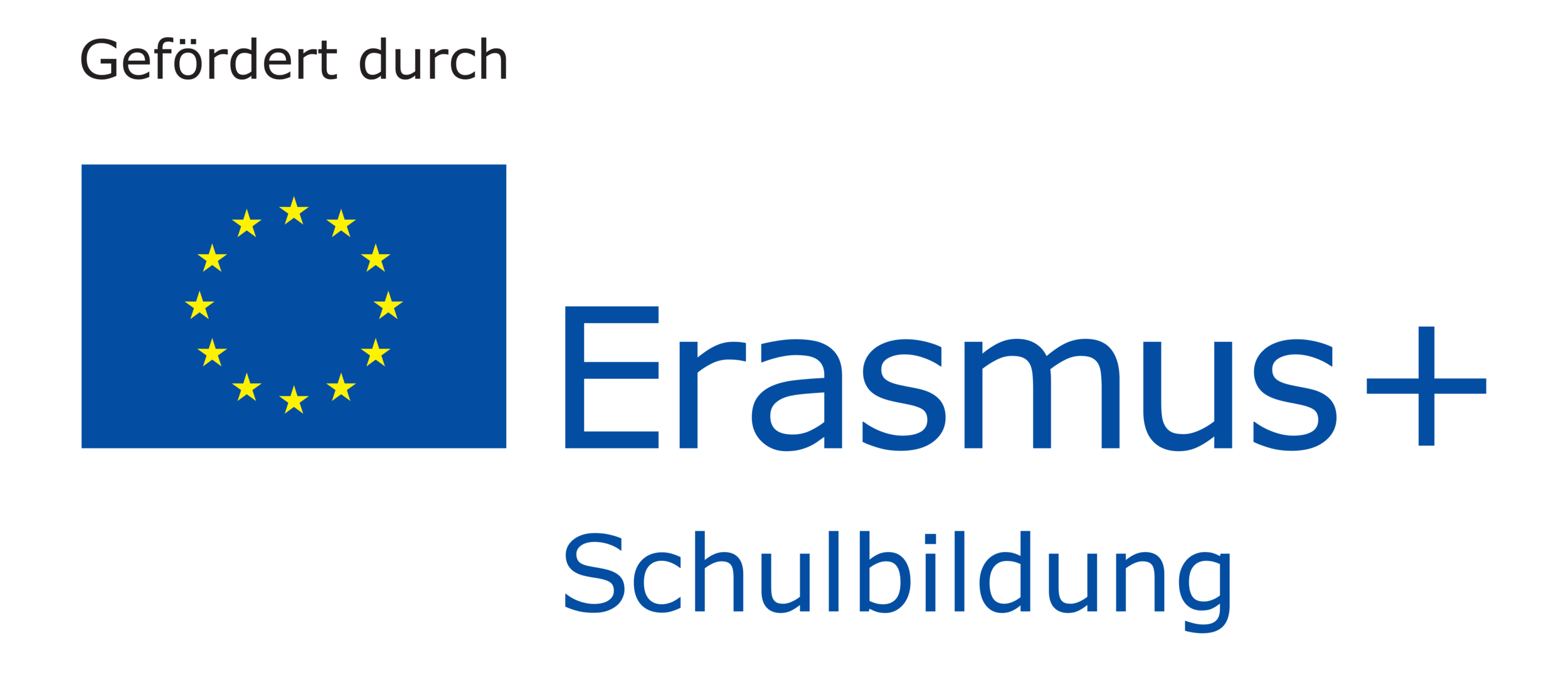Social Interactional Approach: Intrapsychological Processes in The Child, Learning Language Through Social Interaction and What It Means For The Educator
Language unfolds in social interaction. Children depend on interactional partners to be able to acquire language. The responsibility of the educator is to provide useful and ‘comprehensible input’ in meaningful interaction with the child. Luca therefore depends on her English educator as well as her German educator to continuously provide opportunities of language usage and conversational input in meaningful interactions (Krashen S. , 1985).
Apart from the social aspect of language, there are also intrapsychological processes in the child which help children “digest” the information and input they have received from their interactional partner. Oftentimes, children show ‘private speech’ or use ‘inner speech’ in different situations as a means to internally organise and process information but also to self-regulate in situations of distress or excitement. By “privately” commenting on whatever the child is doing or facing in the moment, she self-regulates through language. Interfering or preventing a child from doing so takes away an important tool of self-regulation. It is also an important part of language acquisition to be able to process the amount of language that the child is exposed to. In kindergarten, it can often be observed in nap time when alone in bed or during individual activities/play situations when the child is calm and focused. Educators are in the position to observe but not interrupt these moments. Situations in which Luca choses to speak (to herself, to a dolly or other objects) is valuable time where Luca is able to structure and organise the vast amount of input she has received in all the different languages she is exposed to. Only then is she able to take something away from it, input becomes intake and Luca is able to learn constructively (Krashen S. D., 1981) (Krashen S. , 1985).
“Language Input, output and feedback
Learning a language needs “input (exposure to language), output (production of language), and feedback that comes as a result of interaction” (Gass & Selinker, 2008).
Input means the language information offered in our environment.
Producing output or the active usage of language is crucial in a child’s language development. Active usage relies on opportunities of using “language productively as opposed to using language merely for comprehension” (Gass & Selinker, 2008). ‘Comprehensible output’, or in other words making yourself understood and thereby meeting a need or achieving a goal, pushes the child into the production of language in order to be understood (Swain, 1985).
Interactional feedback, verbally and non-verbally, is an “important source of feedback” and orientation for the child in the process of learning a language and happens in social interaction with the conversation partner. Explicitly this means the social feedback and “information about the success [...] of their utterances” (Swain, 1985). ”

